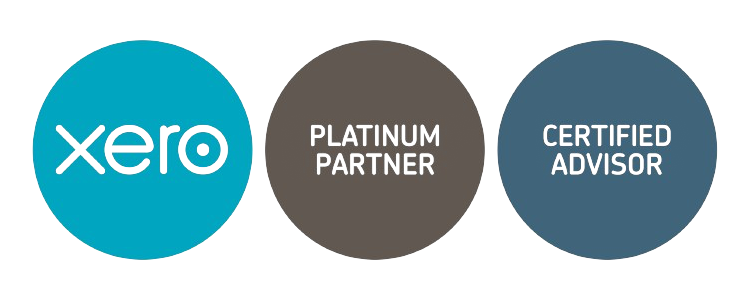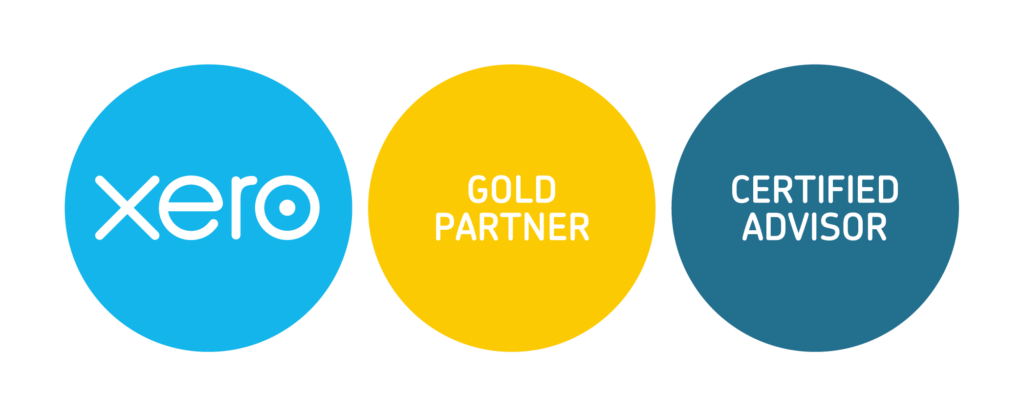CFO GROUP INTEGRATED SERVICES
Unlocking the Ideal Compensation for Small Business Owners
CFO Group • November 26, 2024
Understand Your Business Entity’s Impact on Pay
- The type of entity involved can impact compensation for small business owners, such as sole proprietorship, partnership, S corporation, or C corporation.
- Understanding the impact of entity choice on compensation is crucial for business owners, including tax implications and deductibility of compensation.
- Entity choice can affect the tax implications and deductibility of compensation, such as self-employment tax for sole proprietors.
- Business owners need to consider their company's financial situation, including cash flow and personal expenses, when determining compensation.
Determining Your Ideal Salary
Setting your salary as a business owner requires a careful evaluation of your business’s financial health and your personal financial needs. Start by assessing your company’s cash flow to ensure it can sustain your compensation without jeopardizing operational stability. Simultaneously, calculate your personal income requirements by factoring in essential expenses like housing, utilities, and savings goals.
Once you understand both your personal needs and business capacity, align your salary with your industry’s standards to ensure fairness and competitiveness. Benchmarking against others in your field allows you to recognize the value you bring to your business while ensuring that your compensation reflects your role’s demands. Finally, consider how your salary impacts long-term goals, such as reinvestment opportunities or business expansion. A thoughtfully determined salary strikes the right balance between personal financial stability and business growth.
Singapore’s Sustainability Reporting Requirements: Stay Compliant, Stay Ahead
Creating an effective compensation package involves more than setting a salary. You must consider how your compensation interacts with taxes, profits, and distributions. For example, owners of S corporations can structure their compensation to include a mix of salary and profit distributions, which may reduce self-employment tax obligations. Meanwhile, sole proprietors and partners should be mindful of how their full business income affects tax liabilities and deductions.
Engaging a professional, such as a CPA or business consultant, can simplify these decisions. They can guide you through complex tax laws and help you design a compensation package that meets both your personal needs and your business’s financial goals. Thoughtful structuring ensures that your compensation supports your business’s long-term stability and success while optimizing tax benefits.
Tax Considerations for Owner Compensation
Taxes are a critical factor when deciding on your compensation as a business owner. Your business structure directly determines how taxes apply to your income. For sole proprietors, the self-employment tax is calculated on the full business income, requiring precise cash flow management to meet tax obligations. In contrast, S corporations offer a tax-saving advantage by allowing owners to pay taxes only on their designated salary, not on total net revenue.
C corporations, on the other hand, separate personal salary from corporate profits, potentially offering tax benefits. By understanding these tax dynamics, you can tailor your compensation package to align with regulatory requirements while maximizing potential savings. Professional advice can be invaluable in navigating these intricacies, ensuring that your strategy remains compliant and beneficial.
Growing Your Business with Effective Compensation
- Compensating yourself is important for you and your company, as it affects the business’s overall health and growth.
- If you’re not allocating funds for your own salary, your books do not accurately reflect the health of your company.
- Your time has value, and recognizing this can help you build and run a successful enterprise.
- Structuring your salary is part of building a successful company, including compensation packages and tax implications.
Seeking Professional Support
Your sustainability report should not overwhelm readers with technical jargon. Instead, aim for clarity and conciseness. Simple, transparent language helps your audience quickly grasp the most critical information, and a well-structured report ensures easy navigation through your ESG journey.
By seeking expert guidance, you can avoid common pitfalls, such as underestimating tax liabilities or overlooking opportunities for savings. A professional approach not only simplifies the process but also ensures that your strategy supports both your personal financial well-being and your business’s long-term growth.
Common Mistakes to Avoid
Failing to properly strategize your compensation package can have far-reaching consequences for both your business and personal finances. Without a clear plan, you may struggle to allocate resources effectively, which can hinder your ability to attract top talent or reinvest in your business. Over time, this lack of strategy could result in overextending resources and limiting growth opportunities.
Another common error is neglecting to benchmark your salary against industry standards or failing to recognize the value you bring to your business. This can lead to underpaying yourself, which may compromise your personal financial stability, or overpaying yourself, potentially straining your business’s cash flow. Striking the right balance is essential for sustaining both personal and business success.
Effective cash flow management is another critical factor. Inconsistent compensation due to poor cash flow planning can disrupt your personal finances and create operational difficulties for your business. Ensuring a stable and predictable salary requires diligent financial monitoring and planning.
Lastly, overlooking the importance of professional support can result in missed opportunities for tax savings and may even expose your business to compliance risks. Enlisting the help of a CPA or business adviser can provide invaluable insights into optimizing your compensation package, ensuring alignment with tax regulations, and positioning your business for growth.
By avoiding these common mistakes, you can create a robust compensation strategy that supports both your financial well-being and the long-term health of your business.
Conclusion
- Finding your ideal salary as a small business owner requires careful consideration of your business entity, financial situation, and personal needs.
- Effective compensation is crucial for growing your business and attracting top talent.
- Seeking professional support can help you navigate the complexities of compensation and tax implications.
- Following these guidelines, you can create a compensation package that works for you and your business.
Take Control of Your Compensation with CFO Accounts & Services
Structuring your compensation as a small business owner is a critical step toward financial security and business success. At CFO Accounts & Services, we specialize in helping business owners navigate the complexities of compensation planning. From tailoring salary strategies to optimizing tax benefits, we’re here to guide you every step of the way.
👉 Ready to optimize your compensation?










